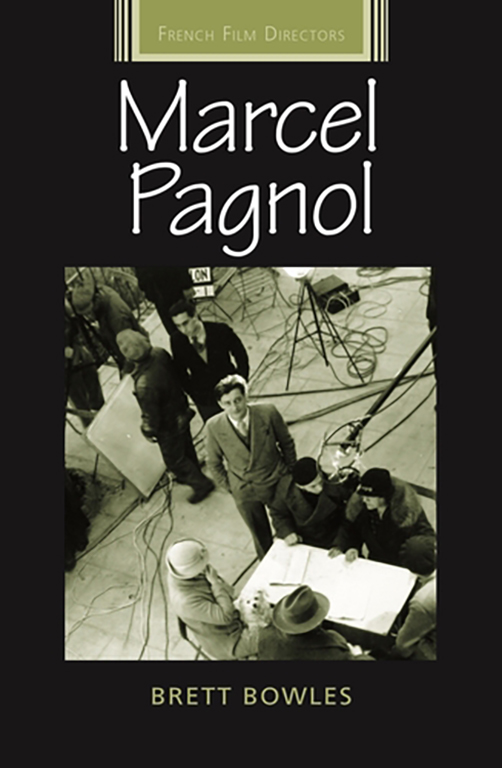- Ph.D., French Civilization, Pennsylvania State University, 1998
- M.A., French Language and Literature, University of Virginia, 1994
- B.A., French Language and Literature, University of Virginia, 1992

Brett Bowles
Program Director, Fr/Francophone Studies
Associate Professor, French and Italian
Adjunct Associate Professor, History
Adjunct Associate Professor, The Media School

 The College of Arts
The College of Arts